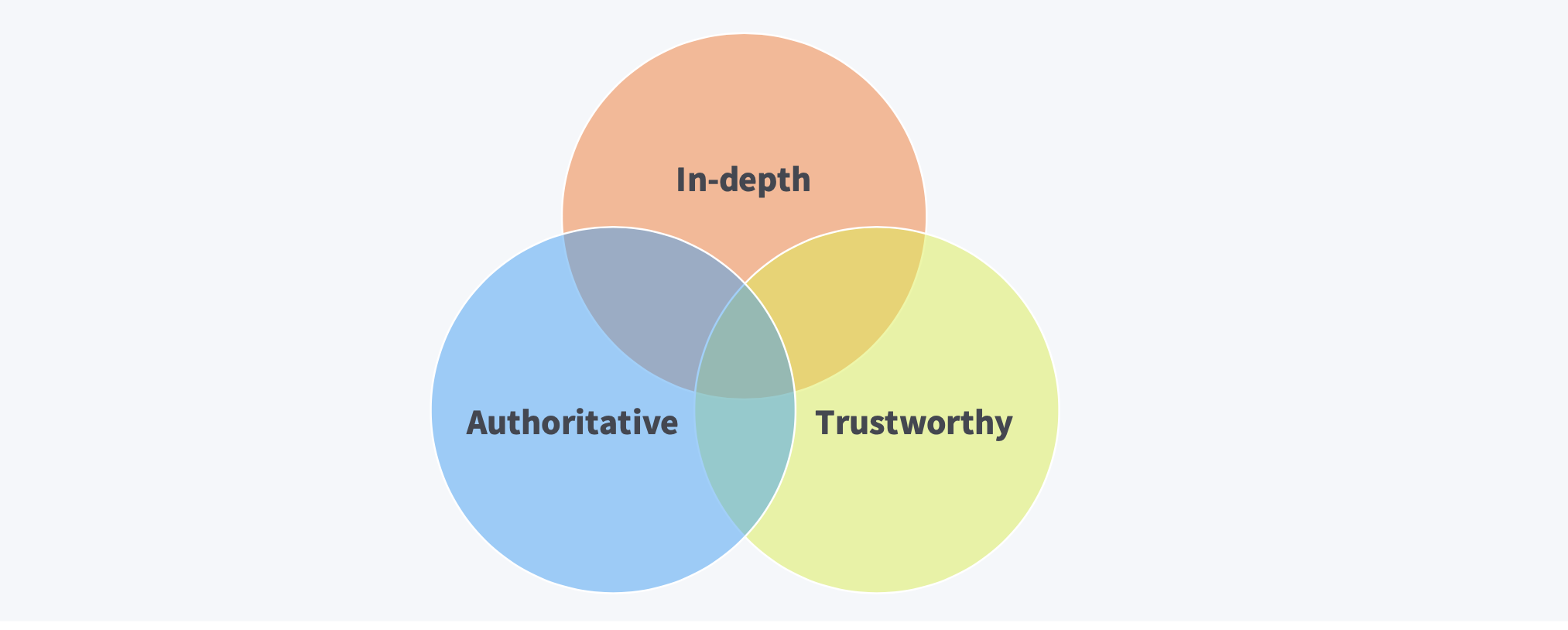
What if we said you could use the power of search intent for more than just getting visitors to your site?
Traditional search intent tells us how people are searching on Google – but it can also tell you how users are searching on your site and what they want to do now that they are there.
On March 2, I moderated a sponsored webinar presented by Courtney Harrington and Jonathan Meyer, Product Analyst and Senior Business Engineer at Bridgeline.
Harrington and Meyer showed how on-site search intent could help you create the perfect conversion experience to get more leads, sales, and clients.
Here is a quick summary of the webinar. To access the entire presentation, complete the form.
What Is Search Intent?
Search intent (also called keyword intent) is the ultimate goal of the person entering a query in a search engine.
Primary Search Intent Types
While every query has its own unique intent, there are four basic ways to group search intent:
- Informational.
- Commercial.
- Navigational.
- Transactional.
Two Secondary Intents To Consider
It's also just important to touch on two secondary search intents:
- Local intent.
- Freebies.
[Learn More About Secondary Search Intent] Instantly access the webinar →
How Search Intent In Keyword Research Works
Ideally, you should segment your keyword research by topic and by intent.
For example, if you have a website selling washing machines, your keyword research output should be grouped along these lines:
- Washing machine, informational intent
- Washing machine, commercial investigation
- Washing machine, transactional intent
So if you've got three washing machine models that you sell, you'll end up with nine groups of keywords (3 models x 3 search intents).
[Discover Exactly How To Group Keyword Research By Intent] Instantly access the webinar →
How To Determine Search Intent
The search intent of a particular query can be obvious when it includes words like "buy" and "now."
Other, less obvious queries can be uncovered by visiting the SERP page.
[Get Examples Of Search Intent In SERPs] Instantly access the webinar →
How To Optimize For Search Intent
The place to start optimizing for search intent is your marketing personas.
These personas should be driving much of your marketing efforts but are particularly important when it comes to intent optimization.
Personas should cover:
- Customer goals and tasks to complete.
- Pain points and challenges to overcome.
- How they use products/services like yours.
Step 1: Find the right questions and intents to answer through SERPs.
Step 2: Find existing opportunities through Google Search Console.
[Learn How To Navigate GSC For Search Intent] Instantly access the webinar →
Step 3: Add true value for your users.
 Bridgeline, March 2022
Bridgeline, March 2022 Opportunities From Onsite Search Intent
Once you've got visitors to your site, make sure they're finding what they're looking for.
Opportunities can be uncovered by looking at:
- Gaps in your catalog.
- On-site search.
- On-site trends.
[Get A Shortcut To Identifying Trends] Instantly access the webinar →
By taking advantage of the information you're getting from search intent, you can start creating informed high conversion SEO strategies.
On-Site Search Intent: 3 Powerful Ways To Increase Sales
Here is the presentation:
Join Us for Our Next Webinar!
SEO At Scale: What Large Ecommerce Sites Do Differently
Does it seem harder to be discovered by new customers lately? Ecommerce has never provided so many opportunities yet faced so much competition than today. Learn how to scale your SEO efforts and grow your ecommerce business like the big guys in our next webinar on March 9 at 2 p.m. ET.
Reserve my SeatImage Credits
Featured Image: Paulo Bobita/Search Engine Journal



0 Comments